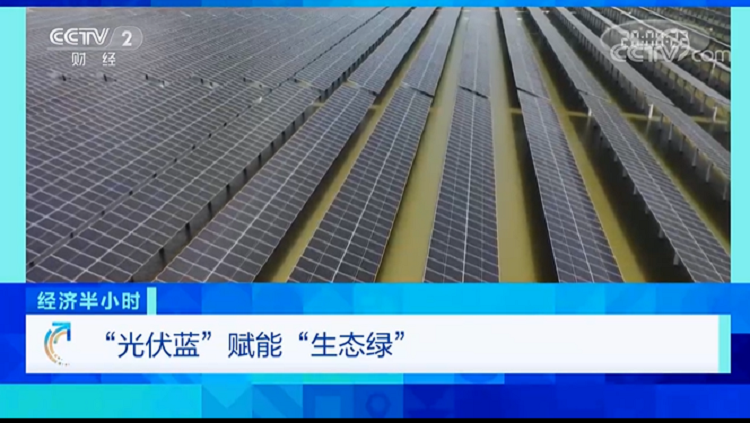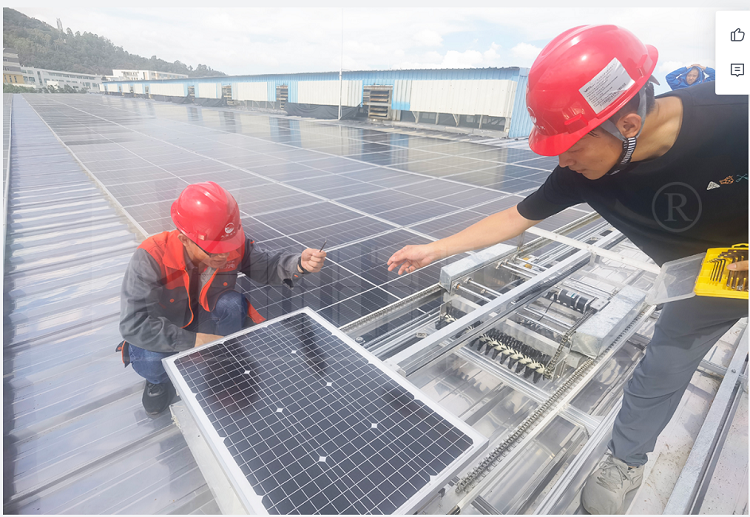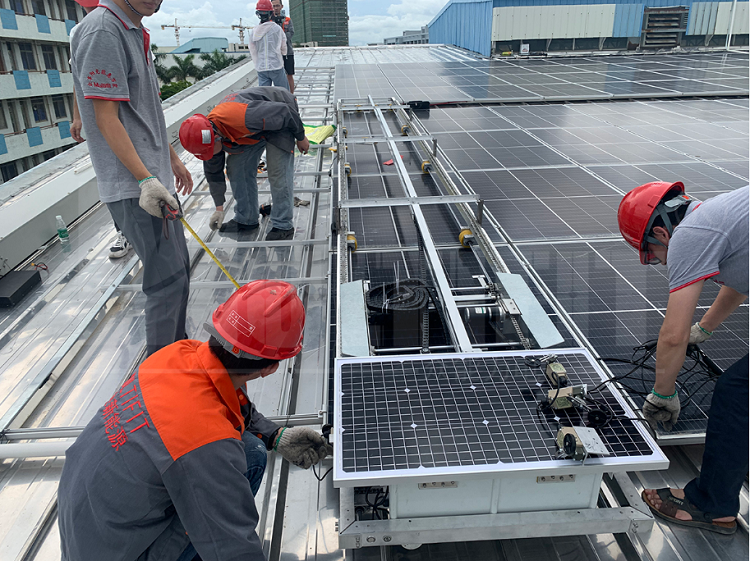With the increasingly prominent environmental problems, the issue of energy transition has received extensive attention from countries all over the world. As new energy sources, clean and renewable energy such as solar energy and wind energy has achieved rapid development with this good historical opportunity. "Carbon peaking" and "carbon neutrality" have become the most attention-seeking economic concepts in the whole society. To truly achieve carbon goals, the photovoltaic industry will play a pivotal role in this process. In recent years, with the advancement of the dual-carbon work, the state has increased its support for new energy industries such as photovoltaics. The "Implementation Plan for Promoting the High-Quality Development of New Energy in the New Era" reiterates that by 2030, the total installed capacity of wind and solar power generation will reach more than 1.2 billion kilowatts. With the blessing of favorable policies, photovoltaics are about to usher in a bright moment. The growth space of the photovoltaic industry is still very huge, and the photovoltaic industry has attracted much attention.

At the 2021 Photovoltaic Leaders Conference, Li Gao, director of the Department of Climate Change of the Ministry of Ecology and Environment, said that vigorously promoting the development of the photovoltaic industry is my country's long-term clear direction. . Countries and regions that currently account for 70% of the global economy have put forward the goal of carbon neutrality, which will bring continuous strong demand for the photovoltaic industry. my country's photovoltaic industry is bound to enter a new stage of development, and it is necessary to build the photovoltaic industry into a benchmark industry under the new development pattern of my country. This coincides with the development mission of Guangdong Zhongneng Photovoltaic Equipment Co., Ltd. adhering to "high efficiency and energy saving, allowing more people to enjoy green energy". Our company is based on the photovoltaic industry and strives to build the company into a first-class photovoltaic leading enterprise.
 95% of China's photovoltaic industry is in foreign markets, and domestic applications are still very limited. In the long run, if China does not widely use solar photovoltaic power generation technology, the energy problems encountered by China's economic development will become more and more serious, and the energy problem will definitely become a huge obstacle to China's economic development. China is one of the countries rich in solar energy resources. China has a desert area of 1.08 million square kilometers, which is mainly distributed in the northwest region, which is rich in light resources. An area of 1 square kilometer can be installed with 100 megawatts of photovoltaic arrays, which can generate 150 million kWh of electricity every year; At present, in many areas such as northern and coastal areas of China, the annual sunshine amount is more than 2,000 hours, and Hainan has reached more than 2,400 hours. It is a veritable country with solar energy resources. It can be seen that China has the geographical conditions to widely apply photovoltaic power generation technology. In recent years, some policies on the development of new energy have also been introduced. Among them, the recently issued "Notice on the Implementation of the Golden Sun Demonstration Project" is the most eye-catching. The notice focuses on supporting the construction of demonstration projects such as user-side grid-connected photovoltaic power generation, independent photovoltaic power generation, and large-scale grid-connected photovoltaic power generation, as well as the industrialization of key photovoltaic power generation technologies such as silicon material purification and grid-connected operation, and the construction of related basic capabilities. The upper limit of the unit input subsidy for various demonstration projects shall be determined according to the degree and market progress. For grid-connected photovoltaic power generation projects, in principle, 50% of the total investment in photovoltaic power generation systems and their supporting power transmission and distribution projects will be subsidized; among them, independent photovoltaic power generation systems in remote areas without electricity will be subsidized at 70% of the total investment; for photovoltaic power generation Key technology industrialization and basic capacity building projects should be supported through interest discounts and subsidies. 
This policy has pushed China to gradually become a solar photovoltaic power generation powerhouse from a photovoltaic cell foundry. For this historical opportunity, the challenges faced by domestic photovoltaic companies are actually more severe. Only by continuously improving the quality of photovoltaic products and opening up domestic and international sales channels can we make better use of opportunities and make the company bigger and stronger. |

 6 Keji west road. Hi-Tech Zone Shantou City, GuangDong,China
6 Keji west road. Hi-Tech Zone Shantou City, GuangDong,China +86-0754-81888658
+86-0754-81888658 multifit@multifitele.com
multifit@multifitele.com